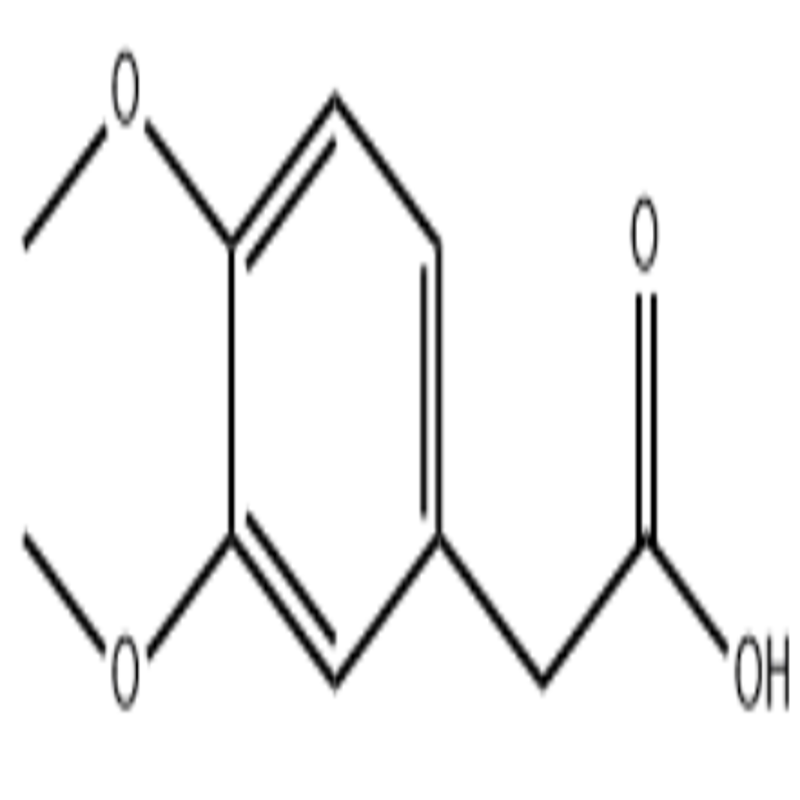-
Categories
-
Pharmaceutical Intermediates
-
Active Pharmaceutical Ingredients
-
Food Additives
- Industrial Coatings
- Agrochemicals
- Dyes and Pigments
- Surfactant
- Flavors and Fragrances
- Chemical Reagents
- Catalyst and Auxiliary
- Natural Products
- Inorganic Chemistry
-
Organic Chemistry
-
Biochemical Engineering
- Analytical Chemistry
-
Cosmetic Ingredient
- Water Treatment Chemical
-
Pharmaceutical Intermediates
Promotion
ECHEMI Mall
Wholesale
Weekly Price
Exhibition
News
-
Trade Service
3-Chloro-6-(3-chloro-1-piperidinyl)pyridazine, commonly referred to as Clozapine, is an atypical antipsychotic drug that has been widely used in the treatment of schizophrenia and other psychotic disorders.
However, in recent years, researchers have discovered the potential of this compound in various industrial applications.
One of the most promising applications of Clozapine in the chemical industry is as a catalyst in polymerization reactions.
Polymerization is the process of joining small molecules, known as monomers, to form long-chain polymers.
This process is used widely in the production of plastics, synthetic fibers, and other polymer-based materials.
However, traditional catalysts for polymerization, such as transition metals and organic acids, are often expensive and require complex synthesis procedures.
Clozapine, on the other hand, has been found to be an efficient and cost-effective catalyst for polymerization reactions.
It can polymerize a wide range of monomers, including styrene, methyl methacrylate, and vinyl acetate, to form a variety of polymers.
Additionally, Clozapine can be easily synthesized in-house, reducing the costs associated with traditional catalysts.
Another industrial application of Clozapine is in the production of dyes and pigments.
In recent years, there has been a growing demand for eco-friendly dyes and pigments due to concerns over the environmental impact of traditional synthesis methods.
Clozapine has been found to be a promising candidate for the synthesis of eco-friendly dyes and pigments due to its low toxicity and ease of synthesis.
The use of Clozapine in the production of dyes and pigments has several advantages over traditional synthesis methods.
For example, it can be used to synthesize a wide range of colors, including red, blue, and yellow.
Additionally, Clozapine can be synthesized using simple, cost-effective methods, reducing the environmental impact of the production process.
In addition to its use in polymerization and dye synthesis, Clozapine has also been found to have potential applications in other areas of the chemical industry.
For example, it has been shown to have antioxidant and antimicrobial properties, making it a promising candidate for use in the production of personal care products and antimicrobial coatings.
Overall, the potential applications of Clozapine in the chemical industry are vast and varied.
From its use as a catalyst in polymerization reactions to its use in the production of eco-friendly dyes and pigments, this compound has the potential to revolutionize several areas of the chemical industry.
With ongoing research into its properties and synthesis methods, it is likely that the industrial applications of Clozapine will continue to grow in the coming years.







